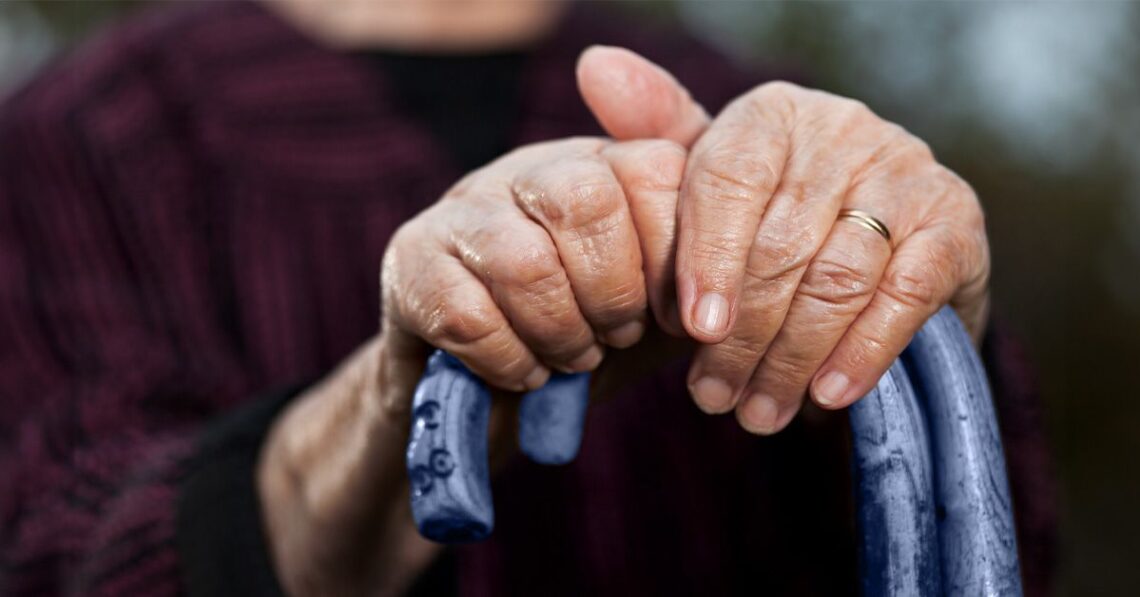- Older adults who have experienced a traumatic injury as a result of falling are 21 percent more likely to later receive a diagnosis of Alzheimer’s disease or another related dementia.
- A new study examined data from more than 2 million older adults who had sustained a traumatic injury; more than 10 percent of them later received a diagnosis of some form of dementia.
- Experts say pinpointing the direct association with falls and dementia is difficult, but suggest that older adults who have been hospitalized as a result of a fall should undergo cognitive testing.
Older adults who have experienced a traumatic injury as a result of falling are more than 20 percent likely to later receive a diagnosis of Alzheimer’s disease or another related dementia, according to a new study published in
The retrospective cohort study, conducted by researchers at Brigham and Women’s Hospital, a founding member of the Mass General Brigham healthcare system, examined data from more than 2 million older adults who had sustained a traumatic injury. More than 10 percent of them later received a diagnosis of some form of dementia in the year after their fall.
From the study cohort, the average age of patients who experienced a fall was 78; more women fell than men. In general, adults over 65 who sustain traumatic injury after a fall are more subject to already developing cognitive decline.
Some types of dementia, such as Alzheimer’s disease, result from the progressive death of brain cells and neurons. It develops and worsens over time. But head injuries can contribute to dementia through the damage to cells directly. Some types of traumatic brain injury — particularly if repetitive, which can happen in some sports — may increase the risk of certain types of dementia later in life.
A loss of motor skills is part of the progression of Alzheimer’s disease in general. People may have difficulty with their balance, trip over, or spill things more often, or they may have…
Read the full article here







